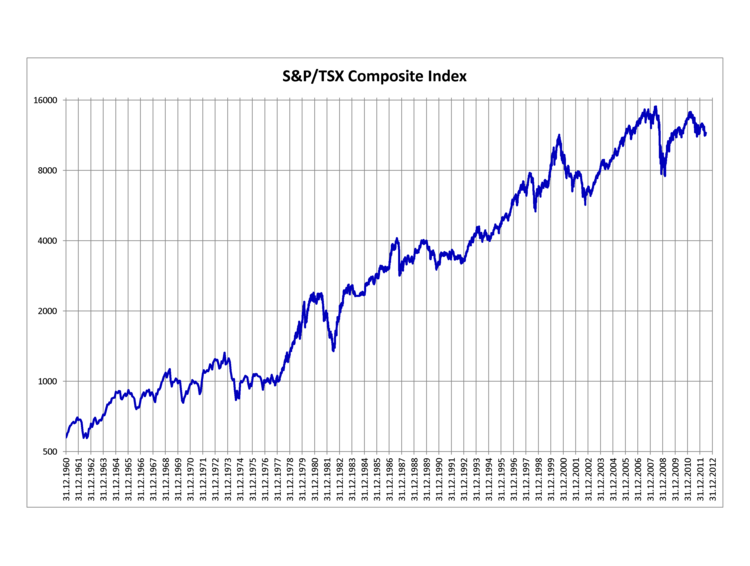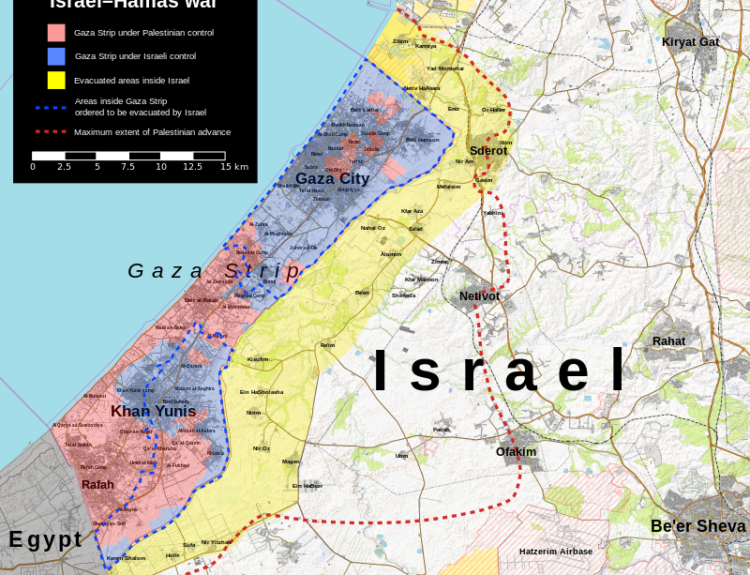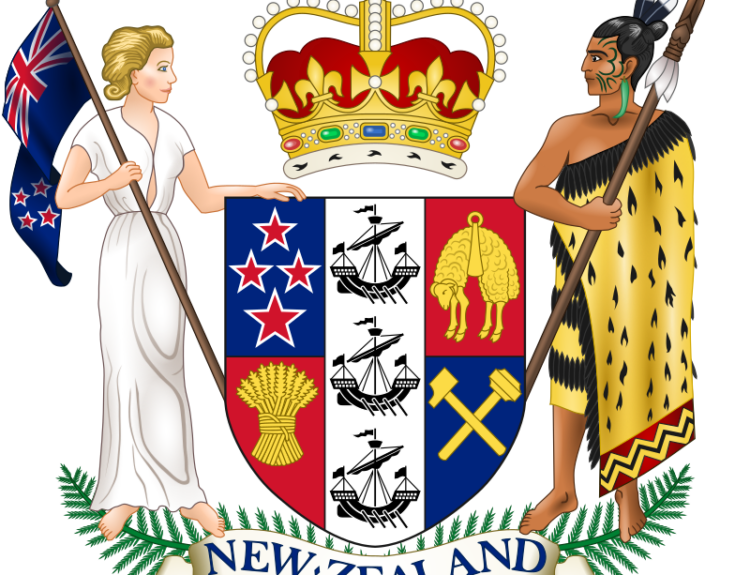Israel’s military operation in Rafah fuels tensions with the U.S.
- Israeli forces push deeper into Rafah in the southern Gaza Strip
- Cease-fire and hostage release negotiations between Israel and Hamas hit an impasse
- Israel aims to capture Rafah to defeat Hamas’s last intact battalions
- Israeli tanks cut the city of Rafah in two
- Humanitarian aid shortages worsen as Israel’s military operation continues
- Israel-U.S. tensions rise as the U.S. opposes an all-out ground attack on Rafah
- Over 100,000 people have already fled the Rafah area in search of safety
- Egypt’s army deploys more tanks and armored personnel carriers near Rafah
- Israel’s limited incursion into Rafah puts pressure on Hamas in negotiations
- U.S. threatens to pause weapons deliveries to Israel if a major assault on Rafah occurs
Israel’s military has advanced further into the outskirts of Rafah in the southern Gaza Strip, targeting Hamas tunnel shafts. Negotiations between Israel and Hamas for a cease-fire and hostage release have hit another impasse. Israeli forces have not launched an all-out offensive on Rafah yet, but they have moved into areas east of the city, including seizing the main border crossing to Egypt. The Israeli military’s latest advance involves tanks moving on a major road that divides west and east Rafah, effectively cutting the city in two. Talks are set to resume next week in Cairo or Doha, but Hamas’s conditions for a hostage swap, including a complete Israeli withdrawal from Gaza and an end to the Israeli blockade, are rejected by Israel. The military operation in Rafah is causing a worsening shortage of humanitarian aid for the two million people in Gaza. Israel’s plan to capture Rafah has led to tensions with the U.S., which opposes an all-out ground attack on the city. Over 100,000 people have already fled the Rafah area in search of safety. Egypt’s army has deployed more tanks and armored personnel carriers near Rafah, and aid trucks are being pulled from the Rafah crossing. Israel’s limited incursion into Rafah is aimed at putting pressure on Hamas in the negotiations, without escalating tensions with the U.S. However, the U.S. has threatened to pause weapons deliveries to Israel if a major assault on Rafah occurs.
Factuality Level: 2
Factuality Justification: The article contains a mix of relevant information about the military situation in Rafah, negotiations between Israel and Hamas, and the humanitarian crisis in Gaza. However, it lacks context, provides biased information, and includes some sensationalized reporting. The article also contains some misleading information and opinions presented as facts.
Noise Level: 2
Noise Justification: The article provides detailed information about the ongoing conflict between Israel and Hamas in Rafah, including military movements, negotiations, humanitarian concerns, and international involvement. It includes quotes from officials, residents, and aid workers, as well as statistics on casualties. The article stays on topic and supports its claims with evidence and examples. However, the article lacks a deeper analysis of the long-term implications of the conflict and does not explore potential solutions beyond the current negotiations.
Financial Relevance: No
Financial Markets Impacted: No
Presence Of Extreme Event: Yes
Nature Of Extreme Event: Armed Conflicts and Wars
Impact Rating Of The Extreme Event: Severe
Rating Justification: The article describes the ongoing conflict between Israel and Hamas in the southern Gaza Strip. Israeli forces have moved into the outskirts of Rafah and are conducting military operations, including airstrikes and artillery fire. The situation is escalating, with the potential for an all-out offensive on the city. The article also mentions the failure of negotiations for a cease-fire and hostage release. The impact of this armed conflict is severe, with significant economic disruptions, major damages to infrastructure, and the potential for long-term consequences. The article provides evidence of the extreme event and justifies the severe impact rating based on the scale and intensity of the conflict.
Private Companies: Hamas
Key People: António Guterres (U.N. Secretary-General), Tamara Alrifai (Spokeswoman at Unrwa, the U.N. agency for Palestinian refugees), Benjamin Netanyahu (Israeli Prime Minister), Nick Maynard (Surgeon for U.K.-based nonprofit group Medical Aid for Palestinians), Amos Yadlin (Former head of Israeli military intelligence), Matthew Miller (U.S. State Department spokesman), Tedros Adhanom Ghebreyesus (Director-General of the World Health Organization), Philippe Lazzarini (Head of Unrwa)
 www.wsj.com
www.wsj.com 





